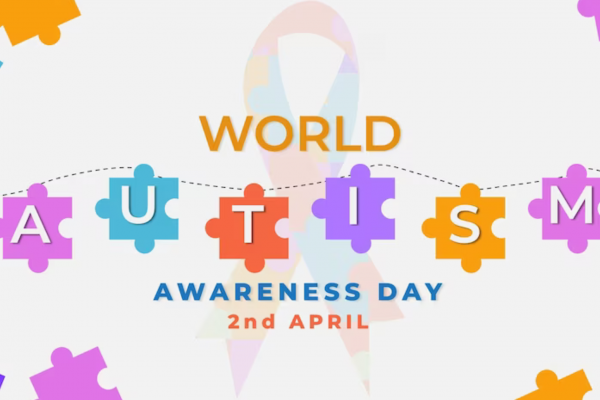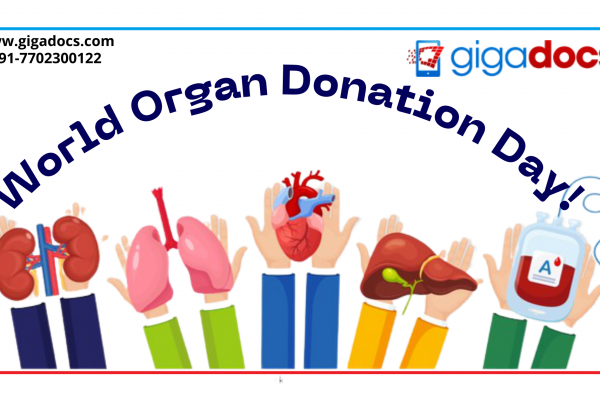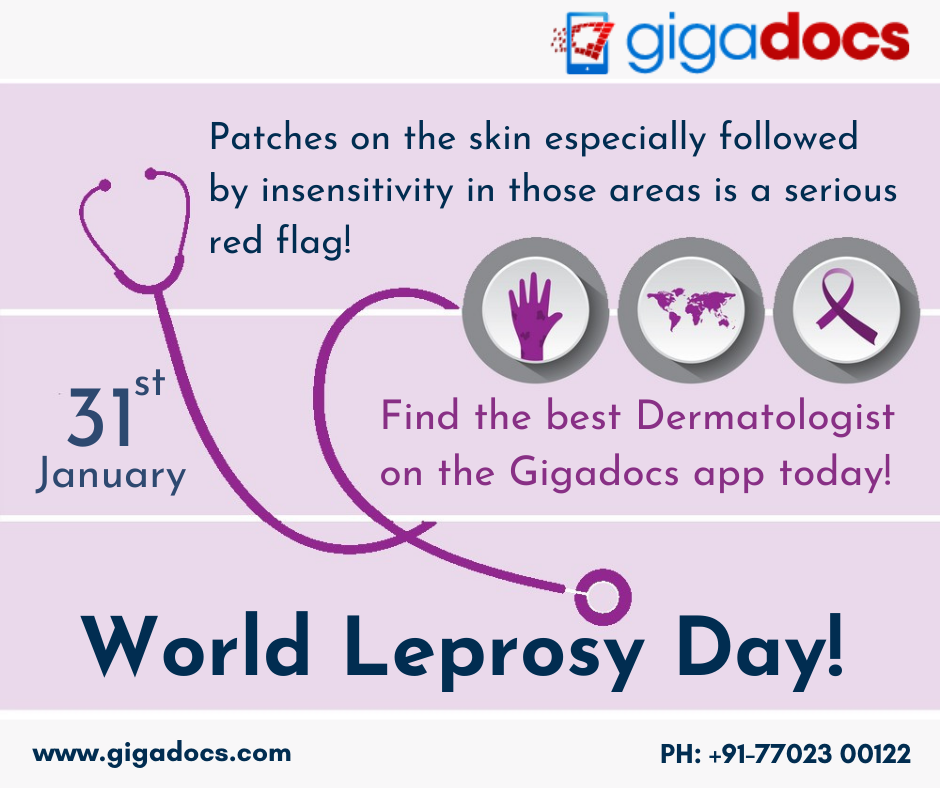We live in a data-driven world. This data is a wealth of knowledge. Statistics are a set of mathematical equations that let statisticians capture data for analysis, policymaking, and formulating predictive models. Statistics is now widely regarded as a problem-solving discipline, fueled by new data sources, enormous amounts of data, and growing computational capabilities.
Statistics in Everyday Life
Here are some incredible reasons that explain the significance of statics in our lives-
- Health Insurance in Medical Settings- Everyone has some form of insurance, whether medical insurance, home insurance, or other. There are different statistical models which assist the insurers to analyze the insurance risk based on individual applications.
- Determining the prescription doses– Statistics are extremely important in the medical industry. Scientists use statistics to understand the valid effectiveness rate of any medication before they prescribe them.
- Predicting Disease outcomes– Doctors use statistics to detect the onset of diseases like cancer. Assume a survey reveals that 75%-80% of persons have cancer and cannot pinpoint the cause. When statistics are involved, one can better understand how cancer may influence your body and whether smoking is a significant cause.
| International Mathematics Day December 22, International Mathematics Day commemorates the birth anniversary of mathematical prodigy Srinivasa Ramanujan, a great mathematician who made outstanding contributions to mathematical analysis, number theory, infinite series, and continuing fractions. Before succumbing to the disease at 32, he had already given the world roughly 3500 mathematical equations that had baffled scientists. International Mathematics Day aims to create public awareness about the relevance of mathematics in the progress of humanity. |
Measuring Vital Statistics and Healthcare
Trackers, wearable, WiFi scales, and other devices are constantly accumulating vital data like your BPM, average steps walked, calories burnt, sleeping hours which you may access at any time. All of that nitty-gritty data helps you understand your health better and live a longer, healthier life. Here are the vital data of your daily life you must reckon with –
1. Hours of Sleep
- What are Hours of Sleep- Simply put, sleep is the time between turning off the lights and waking up to your morning alarm.
- Why are Hours of Sleep Important- Many sleep trackers provide information on your sleeping habits, such as how frequently you wake up during the night and how much REM sleep you experience. According to a study published in the journal Lancet Psychiatry, getting enough sleep may help prevent anxiety and depression. Furthermore, individuals who get enough sleep are fitter and weigh less than their sleep-deprived peers.
- Ideal Hours- Seven to nine hours in the night.
2. Resting Heart Rate
- What is it- The rate at which the heart pounds/throbs every minute.
- What Does it Explain- It indicates the overall well‐being of your circulatory system. Lower beats per minute indicate that your heart is pumping more blood every beat, requiring fewer beats per minute to transport blood and oxygen. According to a study published in the British Medical Journal, a resting heart rate of 90 to 100 beats per minute increases the risk of mortality compared to a lower rate. Use a fitness tracker or do it the old-fashioned way by counting your pulse for 15 seconds on your wrist and multiplying by four.
- Ideal Resting Heart Rate- Aim for 60 beats per minute (or in the 50s for athletes).
3. Heart-Rate Variability
- What is Heart-Rate Variability: It measures the difference in time between successive heartbeats.
- Why is Heart-Rate Variability Important: It’s an excellent stress indicator. Those who are relaxed and fit typically have a high HRV, whereas those who are anxious or sad have a low one. Some trackers and heart-rate monitors include this feature.
- Ideal HRV Rate: It’s advisable not to compare your HRV to that of others. Instead, please pay attention to your HRV and note your everyday activities to discover what helps it. A good time is roughly 60 milliseconds for an athlete; however, anything above 50 is good.
4. VO2 max
- What is VO2 Max: The highest pace at which your body can use oxygen.
- Why is VO2 Important: It can be used to assess aerobic and cardiovascular capability. The more you train, the better you utilize oxygen to activate your muscles as efficiently as possible. In general, a higher number indicates that you can push yourself harder and for a more extended period. However, it is more than just a fitness tool: Diabetes, depression, and even premature death are linked to low VO2 max.
- Ideal VO2 Rate: 50–60 milliliters of oxygen per kilogram of body weight consumed per minute (mL/kg/min).
5. Waist Size
- What Does it Measure: Waist size measures internal fat.
- Why is Waist Size Important: A spare tyre on a male is not only unpleasant but also dangerous. A large waist size indicates that you likely hold visceral fat surrounding internal organs. Visceral fat creates cytokines- harmful molecules that limit cell sensitivity, affecting cholesterol, insulin resistance, and blood clotting. Cytokines also indicate an increased risk of cardiovascular disease. Wrap a measuring tape slightly above your hip bone and exhale to achieve an accurate measurement.
- Ideal Waist Size: A waist circumference that is half your height or less. Make sure yours is 36 inches or less if you’re six feet tall or 72 inches.
Tracking your Vitals with Gigadocs
Gigadocs’ telehealth care app strengthens the foundations of a healthcare eco-system that addresses all elements of healthcare. Gigadocs helps its users with their medical processes, ranging from as simple as a doctor visit to the intelligent safekeeping of the entire family’s health records that our patrons can share with their doctors on a live digital consultation.
Gigadocs securely keeps all your family’s health records in a digital format and tracks changes in your vital signs to keep track of your overall health. Download Gigadocs to arrange an appointment with the best doctors in your area with the touch of a button.
Manage your entire family health history in one App:
IOS App – apple.co/2W2iG4V
Android App – bit.ly/33AQoRC




